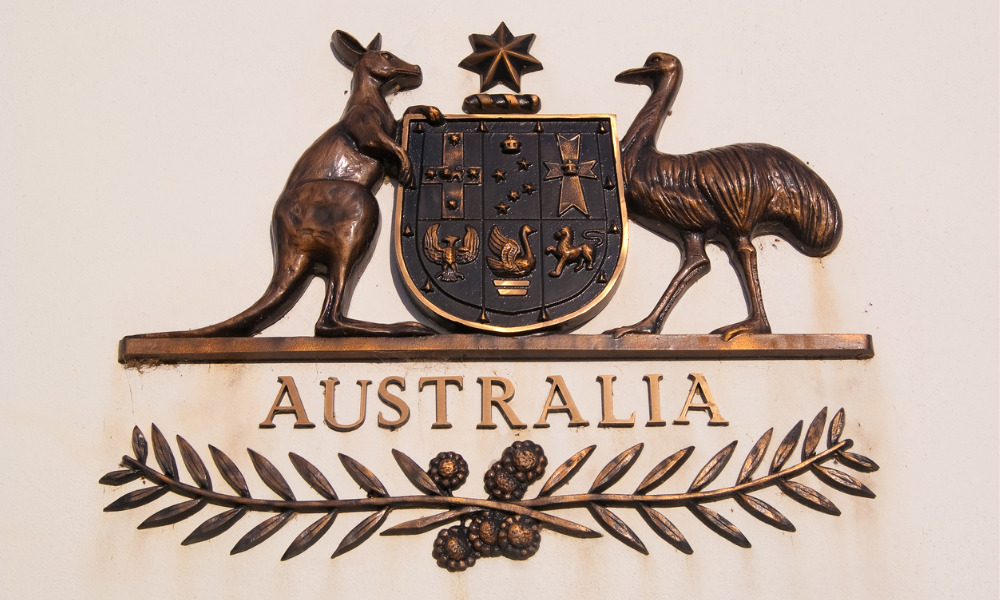
The library contains some 5,000 documents from over 4,000 inquiries since the mid-19th century

The federal government has launched the Australian Legal Information Institute (AustLii) Royal Commissions and Public Inquiries Library, bringing together documents from every royal commission and public inquiry held in Australia since the mid-19th century.
This pioneering public database contains a wealth of documents from more than 4,000 inquiries spanning over a century, providing insight into the nation's progress, values, and public policy evolution. The database covers documents from royal commissions, executive or legislatively mandated public inquiries, select committees of parliament and other quasi-legislative or judicial inquisitorial bodies.
Attorney General Mark Dreyfus said at the library's inauguration, "This library will serve as an important public record of the work of royal commissions and other public inquiries in this country. I expect it will be an incredibly useful resource for all who take an interest in Australian government and history, and AustLii is to be congratulated for making such a great resource accessible to the entire community."
The library houses 5,000 documents from various bodies, including Royal Commissions and mandated public inquiries. Dreyfus emphasised that the importance of public inquiries has consistently been recognised in Australia. The federal act established royal commissions and was one of the first legislation passed by the new Australian parliament after the federation. Since then, there have been 140 royal commissions held and many different forms of public inquiry.
"This library encapsulates the entire, uninterrupted chronicle of public inquiries in Australia, offering a lens through which we can perceive our national journey," Dreyfus said.
Dreyfus also spoke about the multifaceted nature of royal commissions, revealing that their historical landscape encapsulated scandals and controversies and pivotal policy concerns of their respective eras. While each royal commission has unique attributes, they share fundamental characteristics such as independence from the government, expansive information-gathering powers, and the capacity to solicit input from ordinary citizens. Dreyfus emphasised their role as accountability tools.
The comprehensive database is a public record and resource available to anyone interested in exploring the Australian government's inquiry landscape. Two years in the making, the initiative was guided by the collaboration of 15 chief investigators from partner universities.